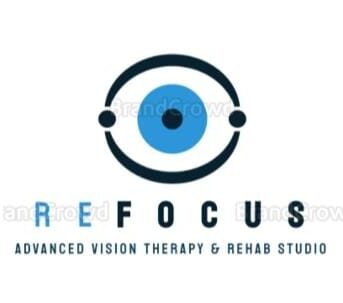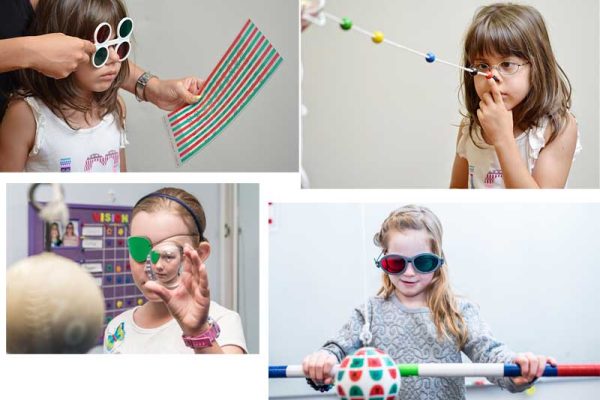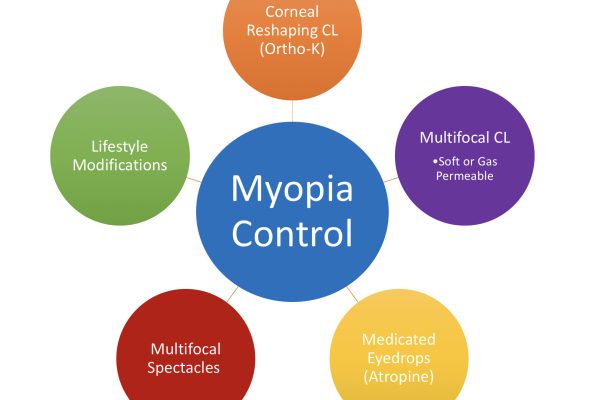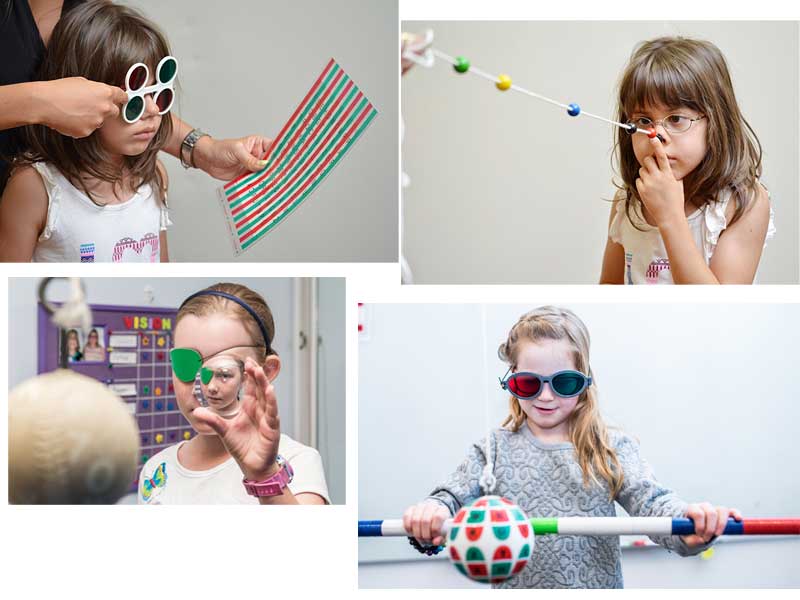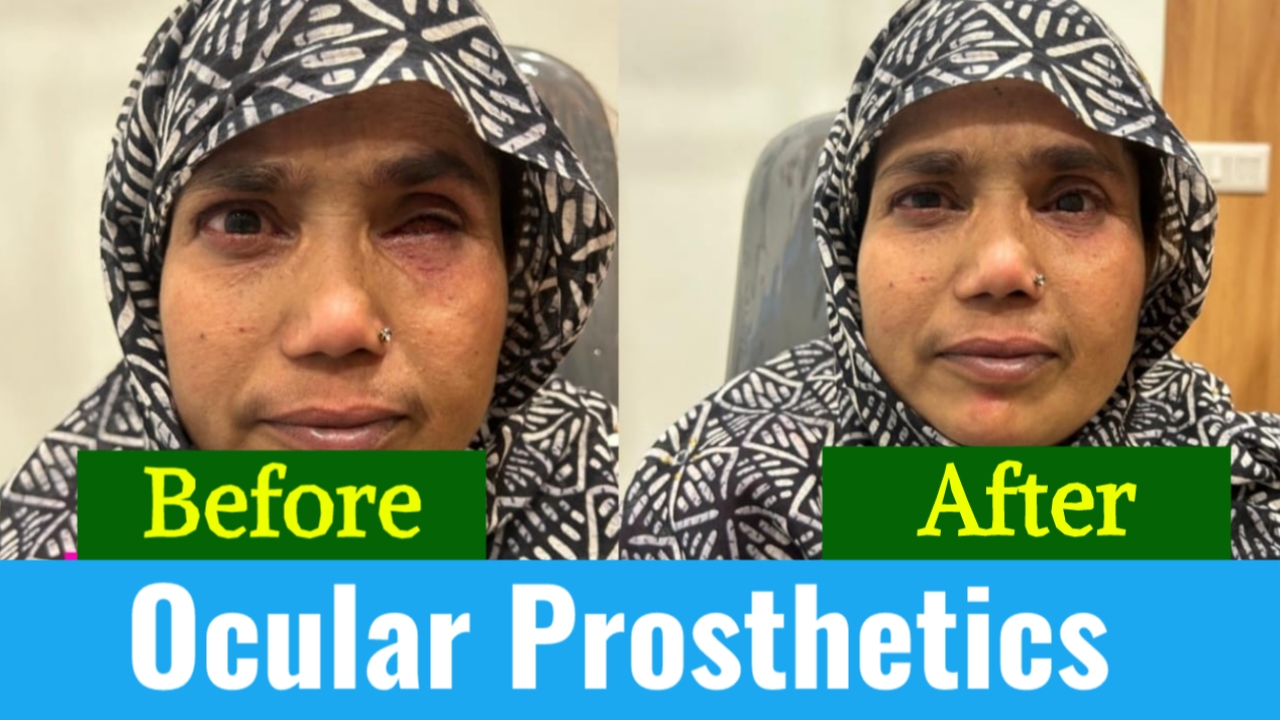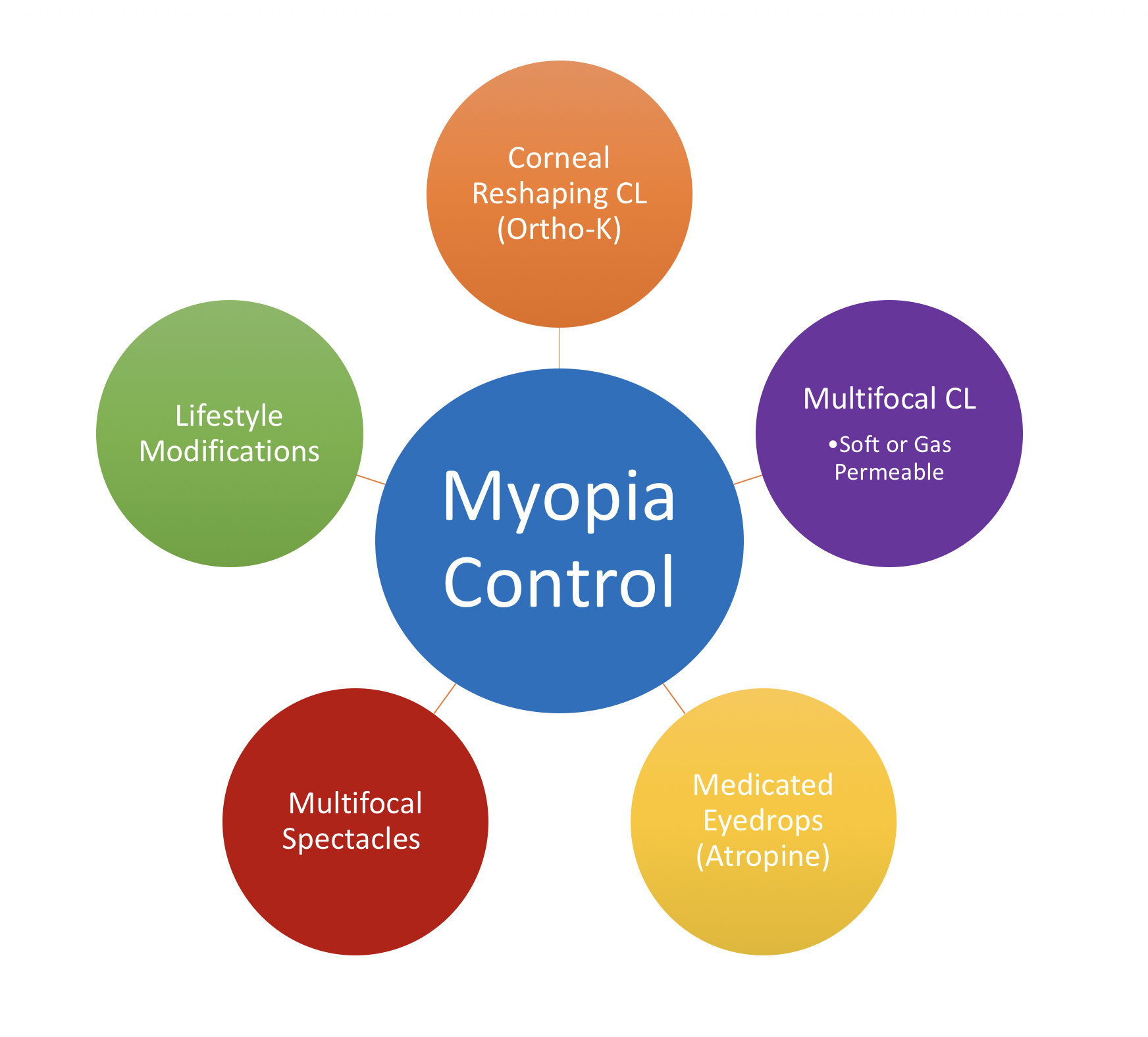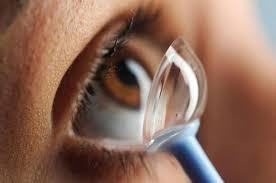REFOCUS Best Eye Health care in Kolkata .
.

We value privacy and affordability.
we are led by highly qualified Consultant Optometrist with expertise in Binocular Vision and Neuro Optometry. Our clinic is dedicated to providing advanced vision therapy and personalized care to enhance your visual health.
Refocus
Our Services
Contact Us
Contact us for a quote, help, or to join the team.
2nd floor
1/13, Dover Terrace, opp. Dr Nihar Munsi Eye Foundation,
Email:
akon.optom@gmail.com
Phone:
+91 7889126773
Testimonials
My name is pratyush prasad .my previous vision Right eye 6/12 p left eye 6/6 p ,3D vision 400 sec of arc after 48 session of vision therapy my vision 6/6 and 3d vision 20 sec of arc .thanks Dr Mantua akon sir & refocous team .if any one face this typos of problem I will request please came hear and meet dr mantu akon sir .
Address List
- 1/13 Dover place,2nd floor opp Dr Nihar Munsi Eye Foundation kolkata 700019
- +91 7889126773
- akon.optom@gmail.com
Social Networks
Links List
Refocus
Advanced Vision Therapy & Rehab Studio
